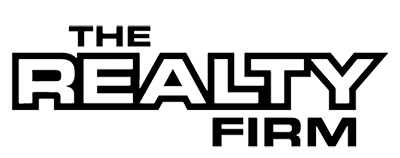
1. Getting A Home Inspection & Making Repairs
When it comes to owning a home, it’ll be up to you to make the neccesary repairs your home needs. Gone are the days where a landlord or leasing office facilitates the repairs, it’ll be your responsibility from now on. On the bright side, you won’t be at the discretion of someone else to address an issue in a timley manner, like a broken A/C unit in the middle of summer or a leaking faucet.
One way to protect yourself against potential maintence issues is to have a home inspection done prior to purchasing a home. Home inspections will typically examine important aspects of a home like the foundation, roof, plumbing, electrical systems, and HVAC system to identify underlying or potential problems that could arise with the home. If you choose to purchase a home that will need repairs, you’ll want to address those issues sooner rather than later. Delay can turn a simple issue into a more complicated and costlier one with time.
2. Seek Services of a Tax Specialist
Many people would rather save money and do their taxes themselves than hire an accountant. Even if you hate the thought of spending money to do your taxes, it can prove worth it, especially since homeownership can change a person’s tax situation. Certain tax situations could even qualify you for tax deductions or credits that a CPA would be able to properly calculate for you. (Check with a CPA for anything tax related.)
3. Change the Locks
It’s better to be safe than sorry. You never know how many key copies are floating around that have been forgotten. Changing the locks on entry doors, paddlocks, gate codes, etc., can give you piece of mind.
4. Do a Deep Clean
It always feels nice to start fresh, why not start fresh with your new home? An empty home is the perfect time to deep clean and get into those hard to reach areas that would otherwise be blocked with furniture.
If you have hardwood floors this would be the perfect opprotunity to clean and wax. If you have carpet you can steam clean for fresh floors. Baseboards, trim, and walls can be wiped down and air filters can be changed.
5. Build an Emergency Fund
Having funds set aside specifically for your home is always a good idea. If your A/C unit goes out or you need a new roof installed, you can pull from this fund to help pay for repairs so it doesn’t set you back financially. You can also us this as a “floating fund” to pay your mortgage for the unexpected, like losing your job.
6. Property Tax
Don’t forget that you’ll owe property tax, now that you’re a property owner. Make sure to set aside adequate funds to pay your property tax and make sure you pay on time.




